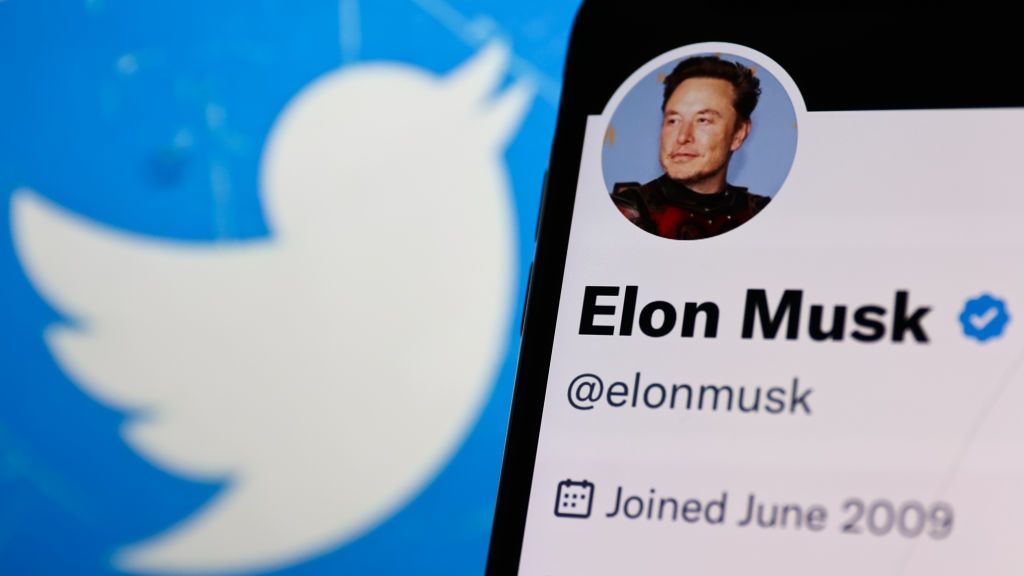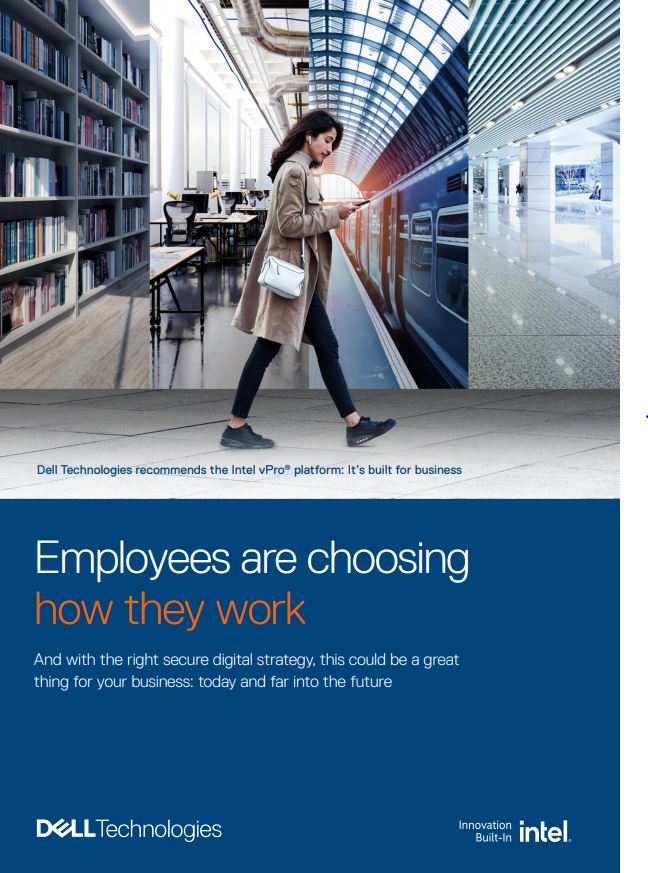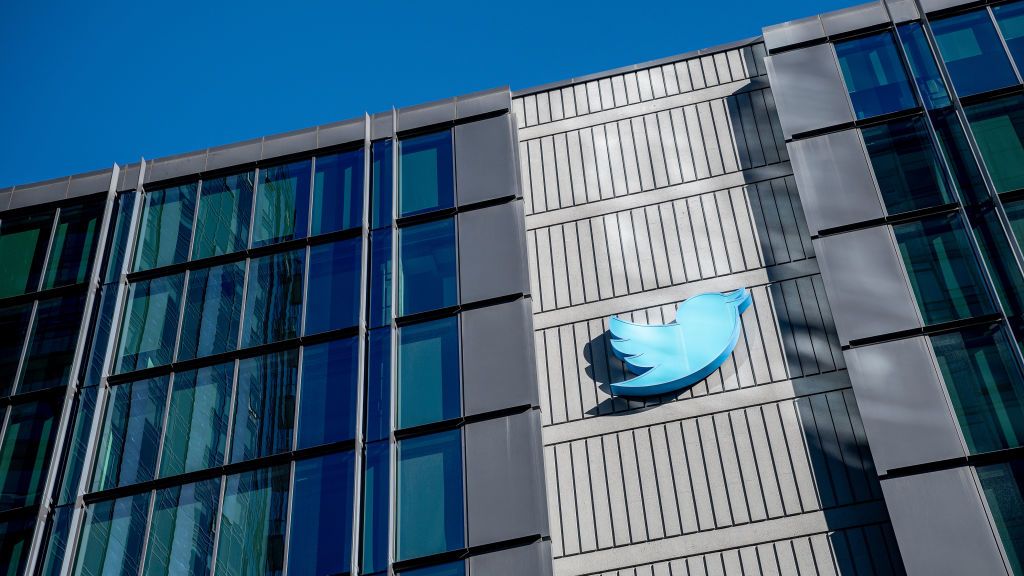Twitter's employee 'revolt' sparks survival concerns for a platform crumbling from within
As a fresh round of resignations hits the social media firm, its changing culture and diminishing workforce speak to the end of an era for the social media titan as we once knew it


Twitter is facing threats to its continued survival, in the immediate aftermath of a fresh wave of employee resignations that came as the result of new "hardcore" demands placed on employees by Elon Musk, Twitter’s newfound owner and CEO.
Hundreds of employees, at the least, are understood to have called Musk’s bluff and refused to commit to the new conditions, resigning from the company in a united rejection of Musk's Twitter 2.0 vision, calling the existence of the platform into question.
Employees had been given a deadline of 5pm on Thursday 17 November to agree to demands alluded to in a company-wide communication. As reported by The Washington Post, Musk had laid out two choices: buy into ‘Twitter 2.0’, or receive three months of severance pay and begin looking for a new job.
The new conditions involved changing the company culture "to be extremely hardcore" and shifting to longer work hours at a higher intensity, Musk said.
A currently unknown number of the approximately 3,700 employees left at Twitter stayed on to an uncertain future.
In an email shared by the BBC, Twitter told employees that it is “temporarily closing our office buildings and all badge access will be suspended”. Offices are set to reopen on Monday, 21 November.
Zoë Schiffer, managing editor at Platformer, tweeted that insiders suggested the move to shut offices was prompted by fear of internal sabotage by exiting employees, which if true speaks to a rapid shift in company culture to one of fear and suspicion.
Get the ITPro daily newsletter
Sign up today and you will receive a free copy of our Future Focus 2025 report - the leading guidance on AI, cybersecurity and other IT challenges as per 700+ senior executives
It’s not yet clear what company employees will return to then, but there is no guarantee that it will resemble the one they left on Thursday. Musk cannot now unring the bell of his heightened demands, which paint working at Twitter as a demanding and unstable environment unlikely to attract new tech talent to the same degree.
If Twitter survives the upheaval - and this isn’t a certainty - the company may no longer be able to promise an uninterrupted, stable, or consistently-moderated service. Alex Heath from The Verge claimed that employees who had worked in Twitter’s “command centre”, described as essential to Twitter’s everyday operations, have resigned, and if true, this illustrates the ideology of Musk's changes coming to a head with the reality of running a platform like Twitter.
If the former can't sustain the latter, the site won't so much change to reflect Musk's desires as combust under his watch, as critical systems no longer sustained by employees fail.
Reuters cited an inside source who said that the employee version of the Twitter app was experiencing a noticeable slowdown on Thursday evening, and that the public version would soon experience significant difficulties.
Downdetector, a website run by internet performance monitoring firm Ookla, tracked a large increase in Twitter reports coinciding with the end of the working day on 17 November. Incidents more than quadrupled, from fewer than 50 per hour throughout the day to a peak of almost 600 over the course of one hour in the late evening.
What rises up in Twitter's place, or remains amidst the ashes, remains to be seen. But under the new management, and the uncertainty that brings, companies, governments, and may wonder if, after all the changes, Twitter is still the same platform they signed up for.
RELATED RESOURCE

Employees are choosing how they work
And with the right secure digital strategy, this could be a great thing for your business: today and far into the future
Even if moderation on the platform isn't radically changed, and Musk has continued to stress that it will be, it's difficult to shake the feeling that the site is now populated by users anticipating the collapse of the servers or a possible move behind a paywall any minute.
“For the employees who are left behind, the workplace and working culture at Twitter will have already changed forever,” said Kevin Poulter, employment lawyer at Freeths to IT Pro.
“Fewer employees, greater demands and an increasingly regulatory framework will invite fear, failure and inevitable frustration. With the world personally and socially invested in the success of Twitter, this is difficult to watch.”
Musk batted away concerns in a tweet stating that “The best people are staying, so I’m not super worried”. But, beneath the apparent indifference, actions taken by Twitter in the hours before the deadline speaks to an existential crisis occurring at the top levels of the firm.
Can Twitter sustain a ‘hardcore’ work culture?
Since Musk's 27 October takeover of Twitter, the controversial CEO has already made a number of questionable moves that have raised concerns about his ability to lead the company.
Musk's most-criticised steps include suggesting the company could go bankrupt, firing exactly half of all employees, and introducing paid verification which led to widespread imposters plaguing the platform. These caused reputational damage to the likes of pharmaceutical giant Eli Lilly which had billions wiped from its stock market value.
Such an uncertain environment is not likely to be met well by employees, and the changes brought about by ‘Twitter 2.0’ could even prompt legal action in some territories like the UK.
“Across Europe, employees are protected by the European Working Time Directive, which was adopted by European states, including the UK, in 1998 and entrenched in national law,” said Poulter.
“These regulations prevent employers from compelling employees to work long and excessive hours (with a standard maximum working week of 48 hours and a full day off each week), especially in high-intensity environments. Employees will be protected against suffering any detriment if they assert their legal rights to breaks and employers can face criminal prosecution by the Health and Safety Executive, with sanctions including fines and prison time.
“Aside from working time, the invitation to resign which employees appear to have been offered could result in a number of constructive unfair dismissal claims in the UK as employees feel forced to leave for fear of the agreed terms of their employment being breached.
“Indeed, being locked out of the workplace and prevented from working could be sufficient reason to believe your employment has been unilaterally terminated. Employees with over two years’ employment have unfair dismissal rights and protections against dismissal where there are no reasonable grounds for such action. Before resigning, employees are encouraged to seek professional legal advice and to consider the options available to them.”
Flexible working is another area in which changes are likely to prompt employee complaints. Two years ago, Twitter employees were told that they could now work from home indefinitely.
Last week, in leaked audio obtained by ABC News, Musk was heard telling employees “if you can show up at an office and you do not show up at the office: resignation accepted. End of story".

Rory Bathgate is Features and Multimedia Editor at ITPro, overseeing all in-depth content and case studies. He can also be found co-hosting the ITPro Podcast with Jane McCallion, swapping a keyboard for a microphone to discuss the latest learnings with thought leaders from across the tech sector.
In his free time, Rory enjoys photography, video editing, and good science fiction. After graduating from the University of Kent with a BA in English and American Literature, Rory undertook an MA in Eighteenth-Century Studies at King’s College London. He joined ITPro in 2022 as a graduate, following four years in student journalism. You can contact Rory at rory.bathgate@futurenet.com or on LinkedIn.
-
 Bigger salaries, more burnout: Is the CISO role in crisis?
Bigger salaries, more burnout: Is the CISO role in crisis?In-depth CISOs are more stressed than ever before – but why is this and what can be done?
By Kate O'Flaherty Published
-
 Cheap cyber crime kits can be bought on the dark web for less than $25
Cheap cyber crime kits can be bought on the dark web for less than $25News Research from NordVPN shows phishing kits are now widely available on the dark web and via messaging apps like Telegram, and are often selling for less than $25.
By Emma Woollacott Published
-
 A look back at 7 other tech companies to undergo major rebrands
A look back at 7 other tech companies to undergo major rebrandsNews As Elon Musk announces a total change of Twitter’s branding after 17 years, we look back at how similar projects have panned out for other big tech firms
By Rory Bathgate Published
-
 Nine ways small businesses can reduce IT costs
Nine ways small businesses can reduce IT costsIn-depth From subscriptions to printing, small businesses can cut back on a variety of areas to cope with economic turmoil
By Jon Honeyball Published
-
 Wipro faces criticism after cutting graduate salaries by nearly 50%
Wipro faces criticism after cutting graduate salaries by nearly 50%News Graduates were given days to decide whether they would accept greatly reduced pay offers, prompting union action
By Rory Bathgate Published
-
 Cost of living crisis driving salary concerns for C-suites
Cost of living crisis driving salary concerns for C-suitesNews IT leaders have indicated that strategy changes for hiring and training will be necessary to beat the talent shortage while remaining on budget
By Rory Bathgate Published
-
 Software engineering salaries top $1m in Silicon Valley
Software engineering salaries top $1m in Silicon ValleyNews Roles at the top companies in Silicon Valley lead pay in the industry, with Europe and Asia offering comparatively small compensation
By Rory Bathgate Published
-
 Budgeting for tech projects in a financial squeeze
Budgeting for tech projects in a financial squeezeIn-depth With the current financial squeeze expected to heap more pressure on IT teams in 2023, businesses must find smarter ways to progress tech projects
By Sandra Vogel Published
-
 Musk adds beds to Twitter HQ, sparks building code investigation
Musk adds beds to Twitter HQ, sparks building code investigationNews San Francisco city officials are looking into whether the changes, part of Musk's "hardcore" office plan, constitute code violations
By Rory Bathgate Published
-
 How to reduce cyber security costs for your business
How to reduce cyber security costs for your businessIn-depth Nothing is off the table in a recession, but businesses must be careful to reduce cyber security costs without compromising on safety
By Rene Millman Published